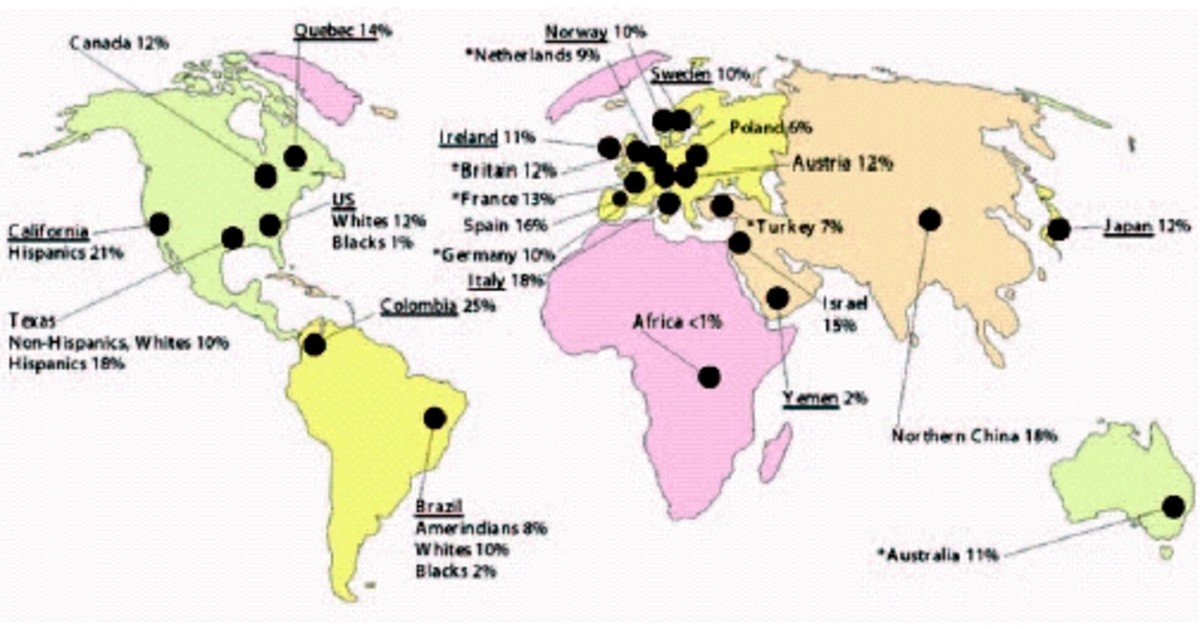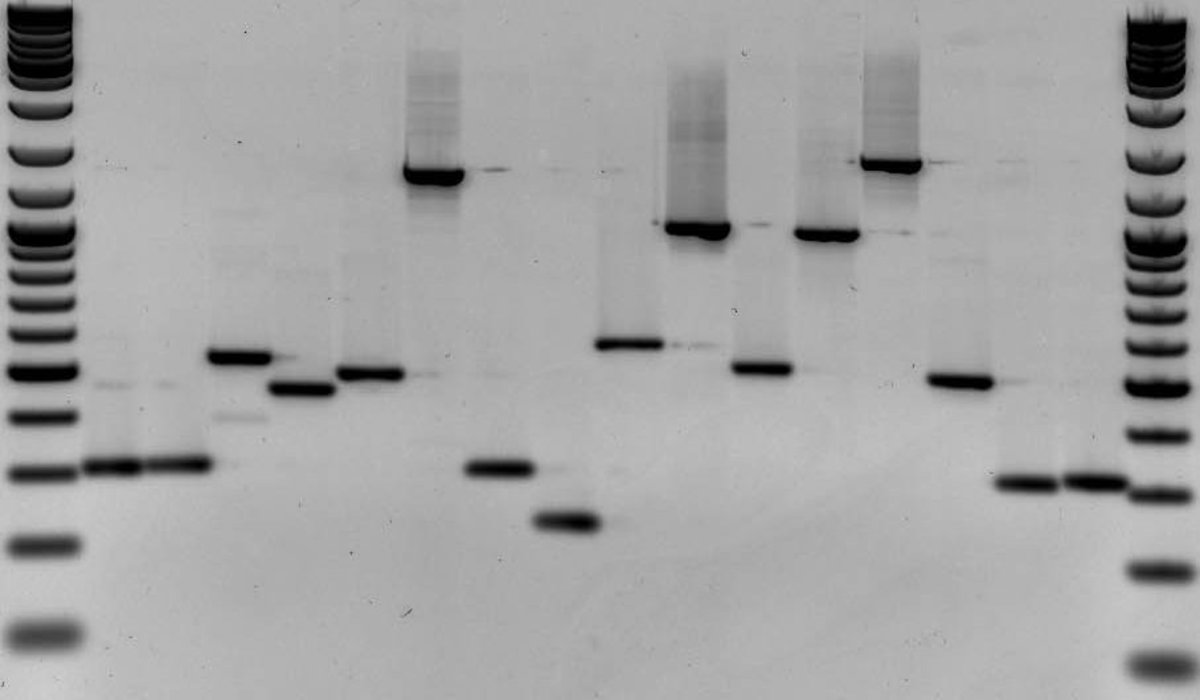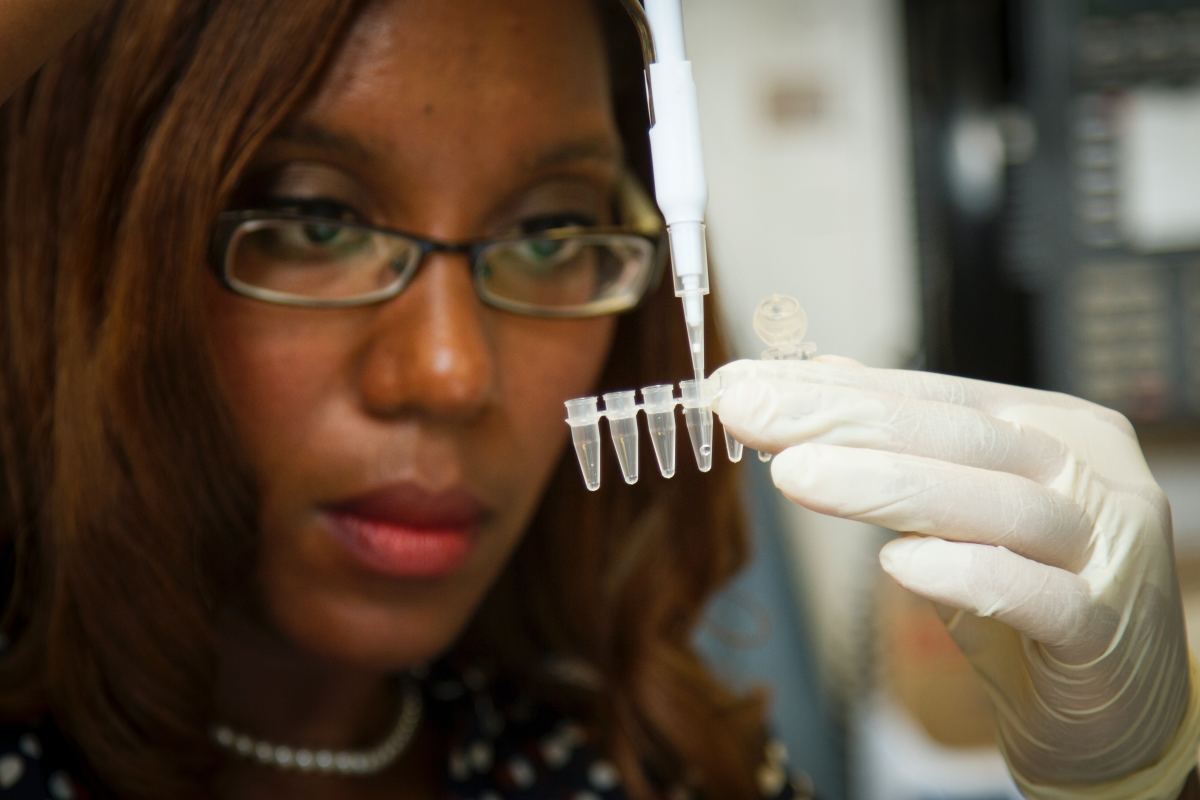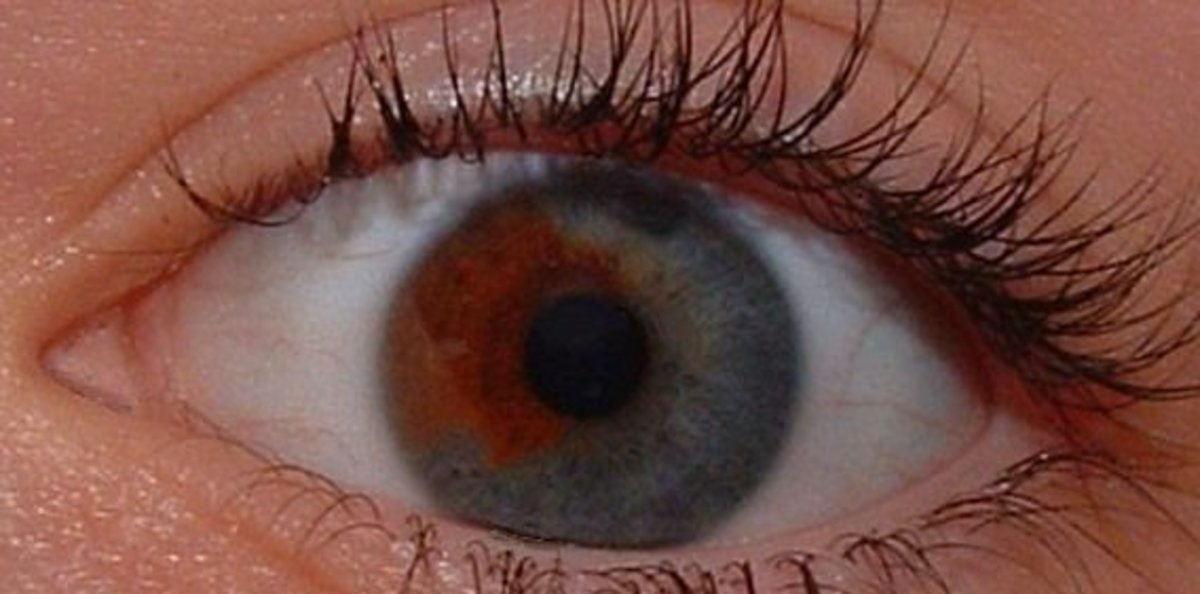Genetic Mutations: MTHF and How to Interpret Genetic Test Results
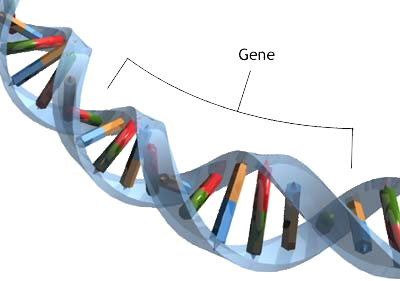
Genetic Testing Changes The Approach to Health
The popularity of genetic testing has been rising ever since the human genome project was successful in mapping our DNA in 2001. To put things into perspective, this was only 15 years ago and we have made leaps and bounds in learning more about genetic SNPs, (strands of genetic information that code for certain traits) including what they are, what they control, and what health problems that mutations in these genes can lead to. By getting genetic testing done and looking at your genetic makeup, people are now better equipped to personalize their lifestyle and treatment options in order to reach their best state of optimum health.
Up until our genetic information was mapped, our society has been in the practice of placing every symptom, disease and illness into certain labels and categories. Things have been this way for so long in fact, that it has thus far been a widely accepted way of looking at how to approach health and wellness. Approaching health issues any other way might seems out of ordinary of foreign to us. However, as most of us know, there is no category that fits all.
Everybody is different when it comes to our health and bodies; like how some people can handle medications without side effects, while another person might experience every single one, pear shaped bodies versus apple shaped bodies, and how some people can handle spicy foods while another person can barely handle a little bit of pepper. These are just examples, but you get the gist. When it comes to approaching our health, there's no one size fits all. Each approach needs to be tailored to the person, and genetic testing allows us to do this better than ever.
The Importance of Genetic Testing When Treating Illness
Are you the type of person who is diagnosed with something, prescribed a medication, but for some reason your body still holds onto the disease, illness or infection? Well, If you find yourself taking longer than others to get over ailments such as colds, flus, viruses or infections, then it might be worth looking into getting genetic testing completed. Learning about your genetic information can help you figure out the missing puzzle pieces in solving your health issues.
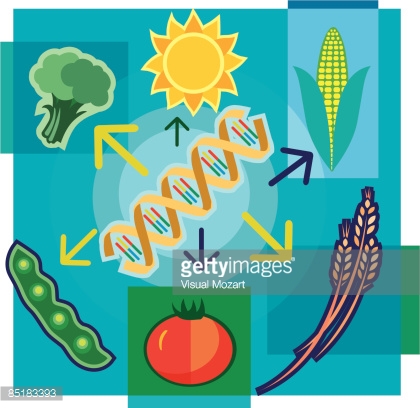
Hidden Food Allergies
Puzzle piece #1 that could be setting your health recovery backwards is hidden food allergies, which many genetic testing companies now include in the reports they send you. When one thinks of food allergies or food sensitivities, many think, what's the worst that can happen?. In fact, lot's of us occasionally experience some digestive discomfort such as gas, pain, constipation, diarrhea and other uncomfortable symptoms after eating certain meals, but many don't realize that often times what they are actually experiencing is a food intolerance.
Not knowing about one's food intolerance and then continuing to consume the offending foods can have a huge impact on one's overall health. Even just having food sensitivities and then continuing to consume these foods, the body can go into a state of chronic inflammation. Inflammation is actually necessary and meant to be helpful to us. It signals our body's army, telling it where it needs to go, and what it needs to heal. However, chronic inflammation is what is responsible for an array of undesirable symptoms and is very commonly linked as the cause of different types of auto-immune disorders. This is because, if the body is constantly under stress, (like the stress of chronic inflammation) it will eventually get confused and stay in a state of alert and attack so that it can go after what it sees as a "foreign invader." Over time the body's army can become overworked and start seeing your own healthy tissue as a foreign invader which is what we call an auto-immune attack.
Genetic Mutations
Missing puzzle piece #2 is that you might have genetic mutations. Even just having one genetic mutation can cause multiple diseases if it goes unaddressed. If you find yourself feeling unlike your optimal self it could be because of a genetic polymorphism or a mutation that is causing the body to be nutrient deficient. There are even mutations that can cause the body to store an excess of a nutrient, which is also a stress and strain on the body's energy reserves. If the body is using all of its energy to try and address the issues caused by genetic mutations, then the body will be focused on addressing this issue, and therefore won't be able to use enough of the vital energy needed for focusing on the disease or infection.
I know what you're thinking; if my body had a genetic mutation or polymorphism, I would know it. This is unfortunately, not always the case. You can survive with genetic mutations, and living with them your entire life just become your new normal. This is similar to those who are born color-blind, you don't truly know what you're missing out on. More than 60% of the population has at least one genetic mutation. Not all mutations are bad. In fact, there are a couple of genetic mutations that seem to be evolutionary and beneficial for us. However, if the mutation is occurring in a significant gene, it can spell trouble for you.
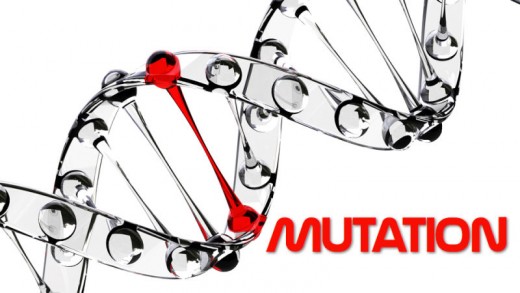
MTHF
Polymorphisms in genes can be expressed in a variety of ways. Our genes are responsible to put forth hundreds of enzymatic reactions in our bodies. MTHF is an example of a gene, that if mutated can cause many issues. MTHF or methylenetetrahydrofolate reductase is the gene for methylation. Some of it's functions include the following:
- Processing chemicals
- Builds protien
- Processes amino acids
- Turning genes on and off
- Building and metabolizing neurotransmitters
- Processing hormones
- Building immune cells
- Producing Energy
- Folate metabolism
- Building and maintaining cell membranes
- Histone & DNA synthesis
- Fetal development
- Producing the protective nerve coating, (Myleination)
There is still a lot to learn about the roles that methylation plays in our body. There has recently been lots of speculation and even studies that are showing a possible link between autism, miscarriages and neural tube development with a mutation in the MTHF gene. It has also been found that people with MTHF experience migraines and headaches more frequently than the rest of the population. It is estimated that 60% of people have a mutation in this gene. Although a mutation in this gene isn't always expressed, there are environmental and dietary factors that cause it to be expressed. Looking at the many functions that this gene plays in our health and reproduction, it's important for people to know what to stay away from, and how to bypass the SNP to ensure that it stops being expressed, or that it won't be expressed later down the road.
Other Health Affecting Genetic Mutations
There are other genetic polymorphisms that are associated with affecting your overall health as well. BRCA1 or BRCA2, are mutations that many of you might have heard of before. They are the genes that are linked to a much higher risk of breast and ovarian cancers. However, there are even more relevant mutations that we all need to become more aware of, and they are more common that you might think.
For example, if you have a mutation in a DAO SNP, you will have high amounts of histamine. This means you might get hives easily, wheeze, have itchy easily irritated skin, and commonly get allergic reactions. A genetic polymorphism in a MAOA SNP will cause someone to have melatonin issues. An individual with this SNP might have trouble falling or staying asleep. A mutation in a COMT gene, can cause dopamine and norepinephrine issues which can contribute to the symptoms of bi-polar disorder. A CBS mutation can cause issues with respiration, predisposition to dementia, bowel disorders, sulphur intolerance, down syndrome, dizziness upon standing, hypo-tension, ulcers, an increase in Nitric Oxide and more. This gene is also responsible for providing a protective pathway to help us produce two key components; glutathione, (the master anti-oxidant) and hydrogen sulfide. If you look into the roles that glutathione and hydrogen sulfide play in our body chemistry, you will realize how important they are to address.
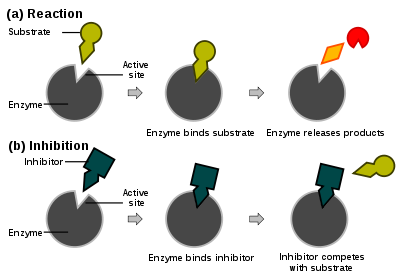
What to do if You Have Any Genetic Mutations
Fortunately, many of the relevant polymorphisms that geneticists have discovered are able to be bypassed with certain nutrients. Due to the fact that our genes are responsible for carrying out hundred of enzymatic reactions, it is important to address any relevant mutations. Enzymatic reactions require substrates. An easy way to understand this is thinking of the substrate as a key. This key can only unlock the door if the key fits. With mutations in the DNA however, there is often a warped keyhole. When the substrate doesn't fit two things happen.
1. The enzymatic reaction cannot take place, so the body can end up lacking nutrients, not producing enough hormones, neurotransmitters, and other essentials.
2. The unused substrate will stick around longer, having to be processed by your body, putting strain on the detox organs like the liver, kidney, skin or colon. (Another example of why a person with certain mutations stays ill for a longer time rather than recovering at a normal rate)
If you have MTHF for example, you will need to take special supplements in order to compensate for the interruption in folate processing that this gene causes. Depending on a person's health history, symptoms, and environment, different nutrients and supplements need to be tailored to the person in order to help bypass the issues that this gene is causing. This is determined based on what other genetic mutations they have and what their symptoms and predispositions are.
Addressing a MTHF mutation requires two key nutrients; B12, and folate. Their regular forms will not help someone with a mutation, so special forms of these nutrients are needed so that the body can use and process these vitamins. Folate's special form is methyltetrahydrafolate, though one needs to be careful to stay on their treatment plan and not overdo it. B12 has two forms that will help someone with a MTHF mutation. These forms are hydroxocobalamin and methylcobalamin. A practitioner will tell you which form is best by reviewing your genetic test results. This is why it is crucial to find a health practitioner who has been certified in clinical nutrigenomics, or who has taken courses in the emerging field of addressing mutations to counsel you and personalize a plan to help address your combination of polymorphisms.
Methylfolate (MTHF)
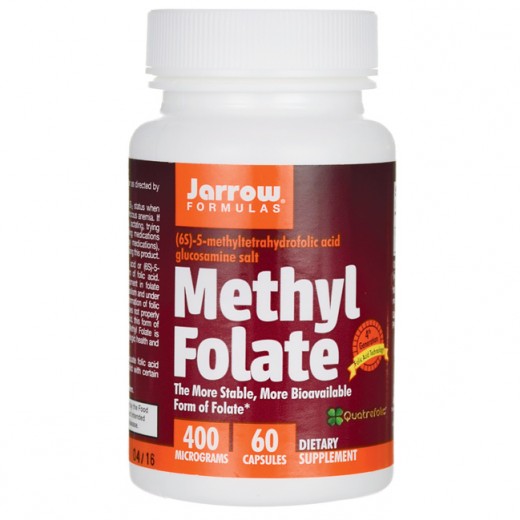
Special Form of Folate (Methyl-Folate) if You Have MTHF/MTRR
- Amazon.com: Jarrow Formulas Methyl Folate 5-MTHF, Supports Brain, Memory, Cardiovascular Health, 400
Buy Jarrow Formulas Methyl Folate 5-MTHF $5.67, Supports Brain, Memory, Cardiovascular Health, 400 Mcg, 60 Caps on Amazon.com ✓ FREE SHIPPING on qualified orders
Methylcobalamin B12 Methylated Form

Methylated Form of B12 Methylcobalamin (Those with MTHF/MTR/MTRR)
- Amazon.com: Natural Factors - Vitamin B12 Methylcobalamin 5000mcg, Support for Nerve Function, Energ
Buy Natural Factors - Vitamin B12 Methylcobalamin 5000mcg, Support for Nerve Function, Energy Production & Red Blood Cells, 60 Chewable Tablets on Amazon.com ✓ FREE SHIPPING on qualified orders
Where Can I Get Genetic Testing Done?
There are lots of options when it comes to getting your DNA testing completed. If you'd prefer a convenient approach, I'd recommend a company that will send a DNA kit to your home. My family members and I used 23andMe. This company will send the kit to your home, you'll spit into a tube, mail it off, and wait about a month or so to get your results.
What I love about them is that when comparing 23andMe to other companies, you seem to get more bang with your buck. Utilizing your DNA sample, they will provide you with all kinds of information like ancestry, ethnicity, genealogy, food intolerance and health. One of their new services that is included in the price is that they will screen you for any genetic disease that you may be a carrier of like cystic fibrosis, sickle-cell anemia and more. They also provide you with trait reports telling you whether you are likely to have curly or straight hair, how you're likely to react to caffeine, sunlight, eyesight and other pieces of information that I found fascinating. You will be able to access all of this information through an online portal, and even have the opportunity of opting in to participate in surveys and allow them to store your DNA for research.
Where Can I Get Help For My Mutations?
Unfortunately, there are currently not very many people who are certified in addressing genetic polymorphisms. However, some physicians and health practitioners are becoming more aware of the important role that genetics has on one's overall health and treatment. Hopefully this new field will grow overtime. I truly feel that with more and more people getting genetic testing done and then seeking help to address their issues; we will finally reach a new era in a personalized approach to addressing health. You can also do a search to find help from those who are certified in clinical nutrigenomics. Or you can try to address the issues yourself, but it can get very complicated.
I invite all of you who have done genetic testing and found out about genetic mutations to contact me for help in addressing them. I am a certified Holistic Health Pratitioner, and I have also been certified in clinical nutrigenomics at the Seeking Health Educational Institute where I was taught by expert Benjamin Lynch MD, who often lectures at Bastyr University about genetic mutations. You can reach me by email at elevatedhealthsolutions@gmail.com or check out my business website at www.elevatedhealthsolutions.com.
Educate Yourself About How to Treat Genetic SNP's (Mutations)
The school that I went to to get certified and learn how to address genetic polymorphisms was the Seeking Health Institute. Dr. Benjamin Lynch is one of the leading researchers who understands the genetic SNP's and the pathways that they affect; from detox pathways, methylation pathways, neurotransmitter pathways and more. I learned about it all from him, this school, and through helping myself, my family, and my clients. For those of you who are equipped with enough science, anatomy and biology understanding, this school could be a good avenue to help you further understand genetic polymorphims and how to address them on your own. You get the convenience of learning at home, at your own pace, and online. You don't have to become certified and take all of the courses like I did, but you can purchase individual lectures on methylation and clinical nutrigenomics instead, which is a cheaper and better option if you are not already a practicing MD, ND, or Practitioner.
Course/Lecture #1: Methylation & Nutrigenomics Part 1
- Methylation and Clinical Nutrigenomics Course - Dr. Ben Lynch
Dr. Ben Lynch's Part 1 conference on Methylation and Clinical Nutrigenomics at Bastyr University. Self-paced, clinical methylation education.

